If you’re looking for natural ways to support healthy blood pressure, your spice rack might be more powerful than you think. Numerous herbs and spices have been studied for their potential cardiovascular benefits, including their ability to relax blood vessels and reduce inflammation. Backed by scientific research and long-standing traditional use, these natural flavor boosters do more than just enhance your meals—they may also support heart health. Whether stirred into a stew or steeped in tea, these 12 herbs and spices are gaining attention for their potential role in lowering blood pressure naturally, without the side effects of medication.
1. Cinnamon
This aromatic bark contains compounds that help relax blood vessels, improving circulation throughout your body. Regular consumption may lead to noticeable drops in blood pressure readings over time. The warming spice works by increasing nitric oxide production, which helps your blood vessels dilate properly. Many people find it easy to incorporate into their diet through morning oatmeal, coffee, or baked goods.
Studies suggest that just half a teaspoon daily might be enough to see benefits. Ceylon cinnamon (true cinnamon) is preferred over the more common Cassia variety, as it contains lower levels of coumarin, which can be harmful in large amounts.
2. Celery Seeds
Hidden within these minuscule seeds are powerful compounds called phthalides that work wonders for cardiovascular health. They relax the muscles around arterial walls, creating more space for blood to flow with less resistance. Ancient medicine practitioners valued celery seeds for their healing properties long before modern science confirmed their benefits. You can easily grind these seeds and sprinkle them on salads, soups, or casseroles for a mild, earthy flavor enhancement. Beyond blood pressure management, celery seeds also act as natural diuretics, helping your body flush out excess sodium and water—a double benefit for those monitoring their blood pressure.
3. Cardamom
Treasured in Indian and Middle Eastern cuisines, cardamom isn’t just a flavor enhancer—it’s a medicinal powerhouse. Research links this aromatic pod to significant reductions in both systolic and diastolic blood pressure readings. The magic lies in its diuretic properties and rich antioxidant profile. These components work together to flush excess water and sodium from your system while fighting inflammation in blood vessels. For maximum benefit, try adding freshly ground cardamom to your morning coffee or tea. The distinctive flavor pairs wonderfully with both sweet and savory dishes, making it one of the more versatile additions to your blood pressure management toolkit.
4. Garlic
Ancient civilizations revered garlic for its healing properties, and modern science confirms its remarkable effects on heart health. The secret weapon? Allicin—a compound released when garlic is crushed that helps dilate blood vessels and improve circulation. Consuming just one or two cloves daily can make a measurable difference in blood pressure readings.
For maximum benefit, crush garlic and let it sit for 10-15 minutes before cooking to allow the beneficial compounds to develop fully. Raw garlic delivers the strongest medicinal punch, but roasted or lightly cooked garlic still offers significant benefits. If the strong flavor proves challenging, odorless garlic supplements provide a convenient alternative.
5. Basil
More than just a pizza topping, basil contains eugenol—a natural compound that relaxes blood vessels and improves circulation. This aromatic herb has been used medicinally for centuries across different cultures.
Fresh basil leaves deliver the most potent benefits. Try adding them to salads, pasta dishes, or blending into smoothies. Some people even chew fresh leaves throughout the day for a natural blood pressure boost.
Holy basil (Tulsi), a related variety, shows even more promising effects in research studies. Available as a tea or supplement, this sacred plant from Ayurvedic tradition combines blood pressure benefits with stress-reducing properties—addressing two connected health concerns simultaneously.
6. Parsley
Often relegated to garnish status, parsley deserves recognition as a legitimate health food. Packed with vitamin C, carotenoids, and flavonoids, this common herb supports healthy blood vessels and improved circulation. The high potassium content helps counterbalance sodium in your diet—a crucial factor in maintaining healthy blood pressure. Fresh parsley can be chopped into salads, blended into smoothies, or steeped as a tea for daily consumption. Both flat-leaf (Italian) and curly varieties offer similar benefits, though some herbalists prefer flat-leaf for its slightly higher concentration of beneficial oils. A handful daily provides noticeable cardiovascular support while adding bright, fresh flavor to countless dishes.
7. Thyme
Medieval healers treasured thyme for its purifying properties, but its blood pressure benefits come from rosmarinic acid—a powerful antioxidant that fights inflammation and relaxes blood vessels. This humble herb grows easily in most gardens, providing year-round access to its medicinal properties. Fresh or dried thyme can be steeped as a therapeutic tea or added to soups, stews, and roasted vegetables.
The woody stems infuse dishes with beneficial compounds during cooking and can be removed before serving. Beyond cardiovascular benefits, thyme contains thymol, a natural antimicrobial that supports immune function. This makes it a dual-purpose addition to your wellness routine—supporting heart health while helping fight seasonal illnesses.
8. Ginger
This knobby root does more than settle upset stomachs—it actively improves circulation by relaxing the muscles surrounding blood vessels. The warming sensation you feel after consuming ginger is actually increased blood flow throughout your body. Compounds called gingerols and shogaols give ginger its characteristic spicy kick while simultaneously fighting inflammation in the cardiovascular system. Fresh ginger delivers the most potent effects, but dried powder offers convenience for daily use. Try starting your day with ginger tea or adding freshly grated root to stir-fries, smoothies, or baked goods. Some blood pressure experts recommend consuming about an inch of fresh ginger daily for noticeable cardiovascular benefits.
9. Chinese Cat’s Claw
Despite its intimidating name, this traditional Chinese herb offers gentle support for healthy blood pressure. Acting as a natural calcium channel blocker, it helps prevent blood vessels from constricting too tightly. Found primarily in specialized health stores or Asian markets, Chinese Cat’s Claw (Uncaria rhynchophylla) differs from the South American variety more commonly available in Western markets.
The dried herb typically comes as tea, tincture, or capsules for convenient daily use. Historical texts from Traditional Chinese Medicine suggest combining it with other calming herbs for enhanced effects. Modern research confirms its blood-pressure-lowering potential, particularly for those with mild to moderate hypertension.
10. Bacopa Monnieri
Revered in Ayurvedic medicine for over 3,000 years, Bacopa offers a unique approach to blood pressure management by calming the nervous system. This stress-reducing effect addresses one of the root causes of hypertension—chronic tension and anxiety. The herb grows naturally in wetlands across India and Southeast Asia, with small white flowers that belie its powerful medicinal properties. Modern research confirms what ancient practitioners knew—Bacopa helps regulate blood pressure while simultaneously supporting cognitive function. Most commonly available as capsules or liquid extracts, this adaptogenic herb works gradually over time. Consistency is key, with most studies showing benefits after 8-12 weeks of regular use alongside other healthy lifestyle practices.
11. Hibiscus
The vibrant crimson petals of hibiscus flowers create more than just a beautiful tea—they deliver clinically proven blood pressure benefits. Multiple studies show significant reductions in both systolic and diastolic readings after regular consumption. The magic happens through several mechanisms: natural diuretic action helps eliminate excess fluid, while powerful antioxidants protect blood vessels from damage.
The pleasantly tart flavor makes hibiscus tea enjoyable hot or cold, perfect for year-round consumption. For maximum benefit, steep dried hibiscus flowers for at least 5-6 minutes to extract the beneficial compounds. Two to three cups daily provides the amount used in successful clinical trials—a simple and delicious addition to your heart health routine.
12. Turmeric
The vibrant yellow powder that gives curry its distinctive color contains curcumin—a compound with remarkable anti-inflammatory properties. By reducing inflammation in blood vessels, turmeric helps them remain flexible and responsive, supporting healthy blood pressure levels. Ancient Ayurvedic practitioners prescribed turmeric for various circulatory issues long before modern science confirmed its benefits. The key to unlocking turmeric’s full potential lies in combining it with black pepper, which enhances absorption dramatically. Golden milk—a traditional beverage made with turmeric, black pepper, and healthy fats—provides an ideal delivery method for maximum benefits. Just a teaspoon daily, consistently consumed, may help maintain healthy blood pressure as part of a balanced lifestyle approach.
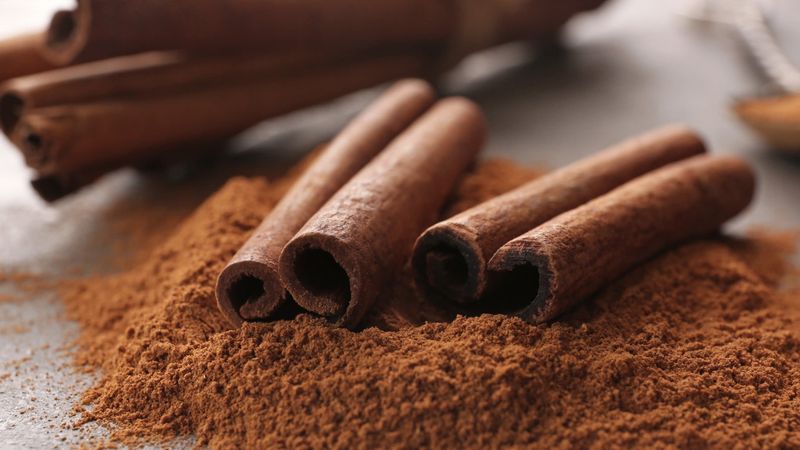
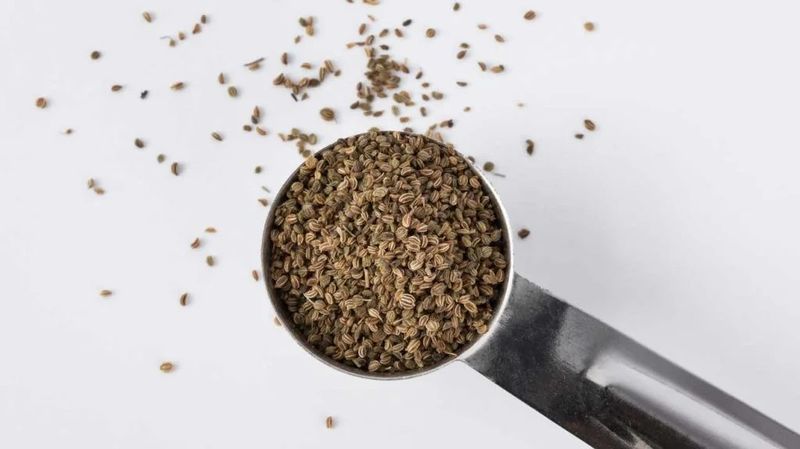
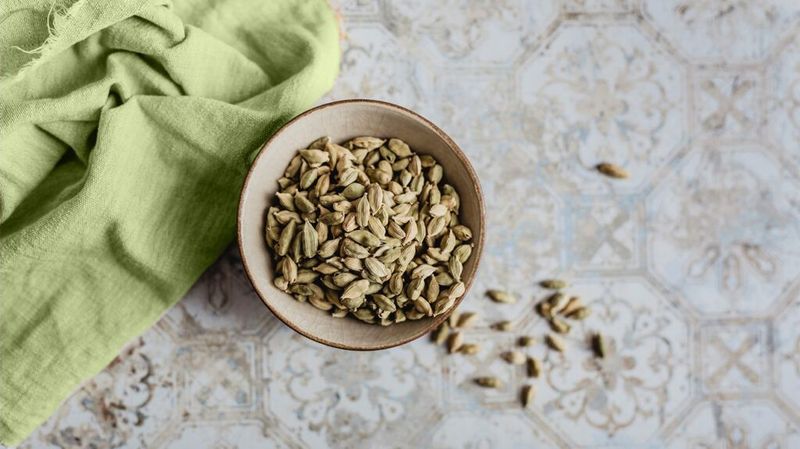
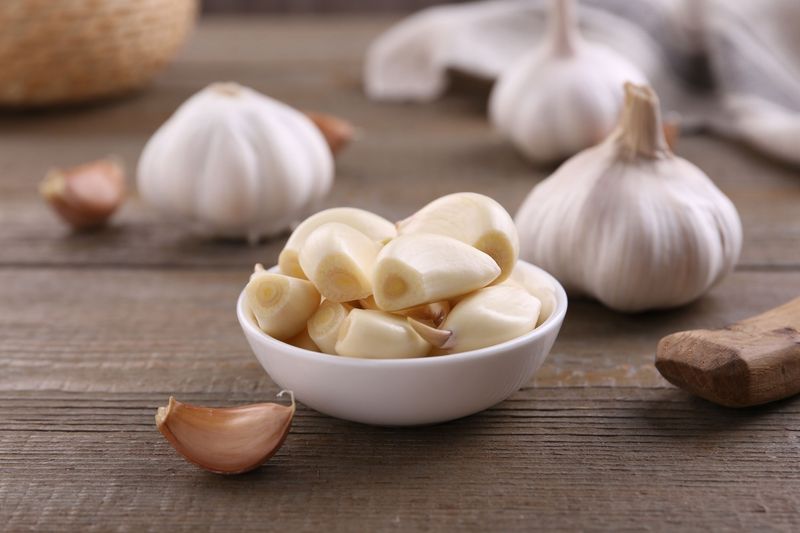
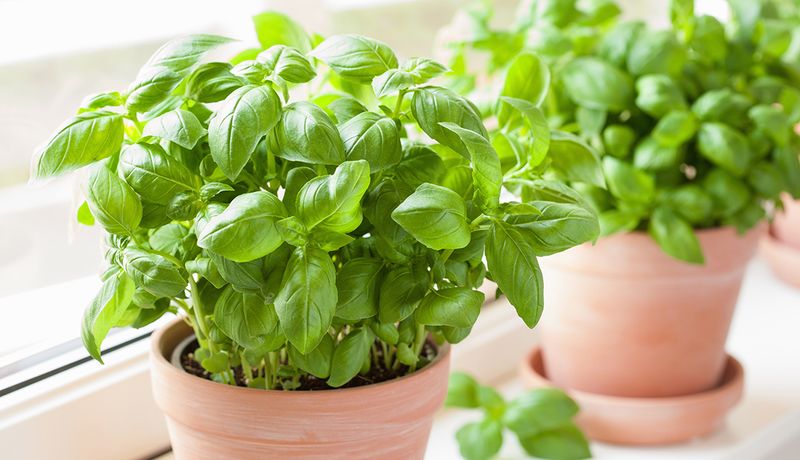


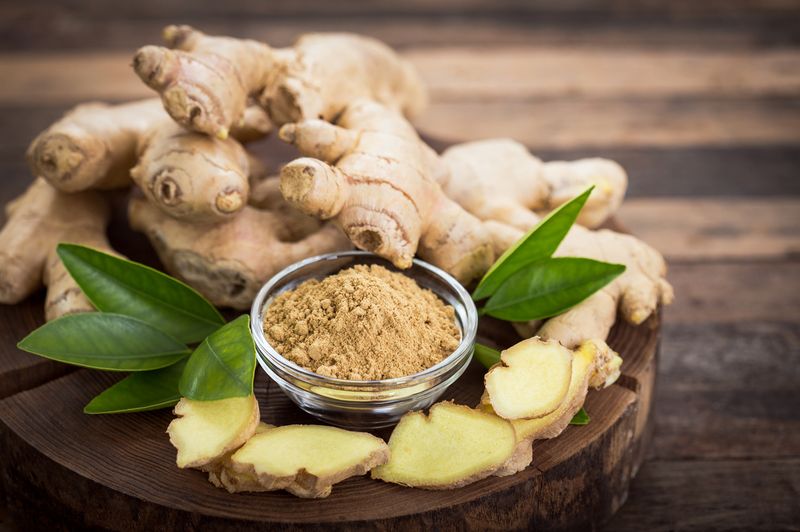
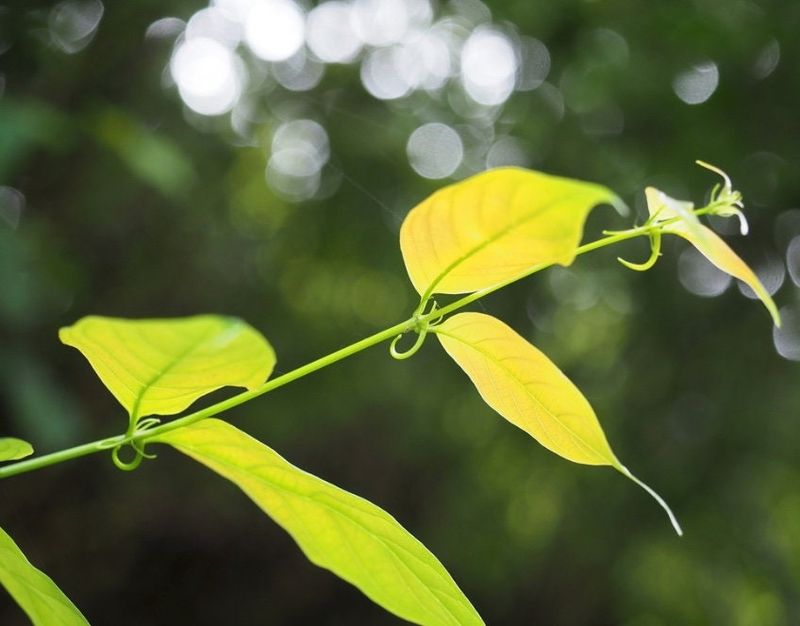
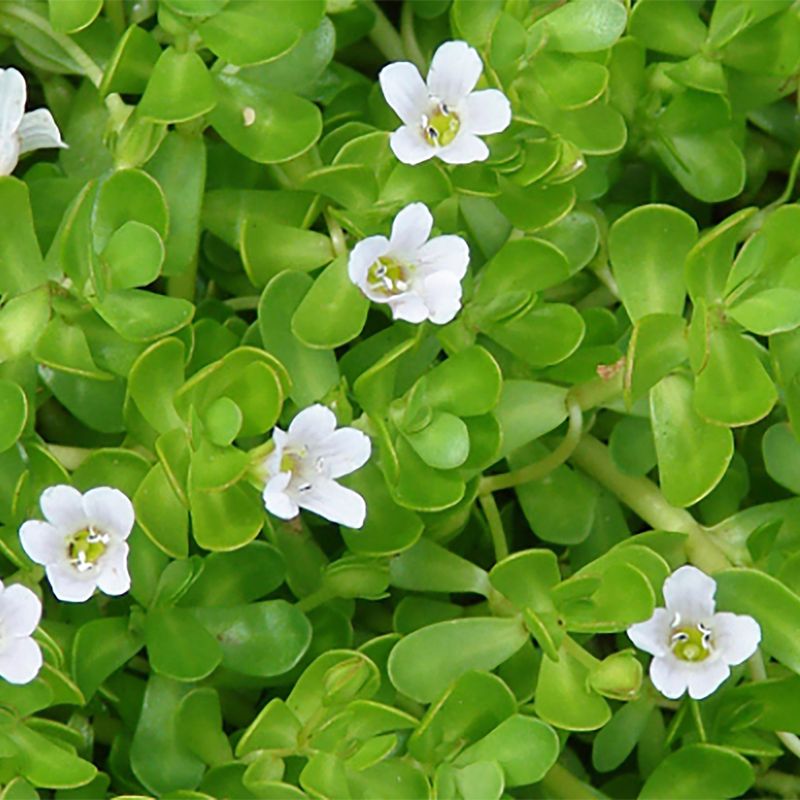
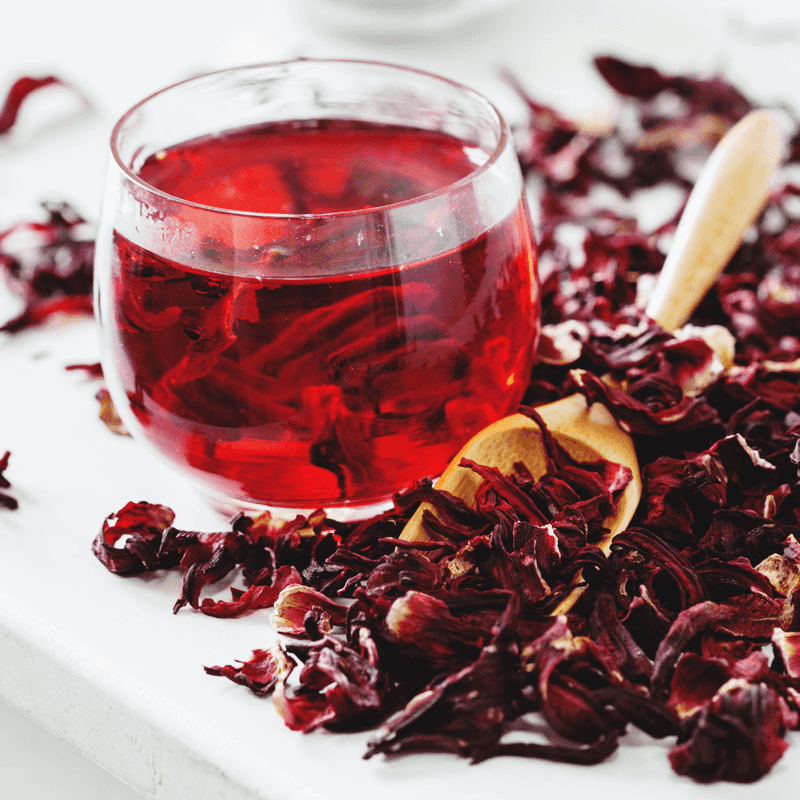
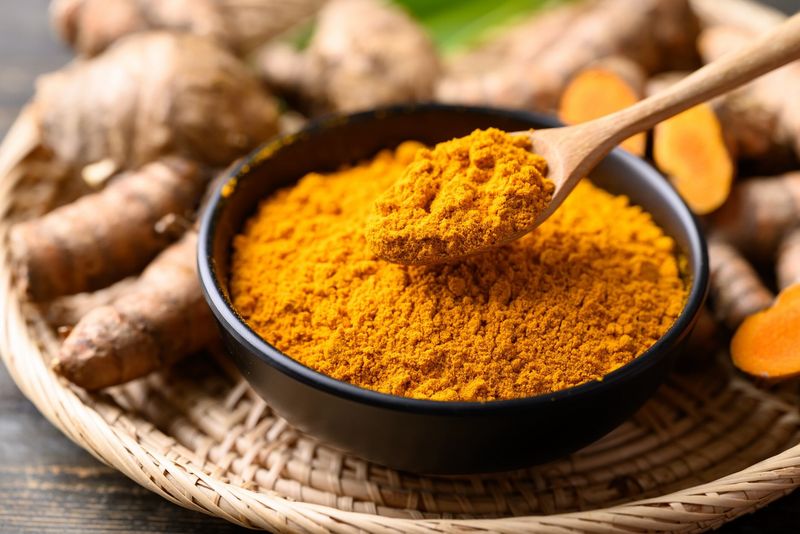
Leave a comment